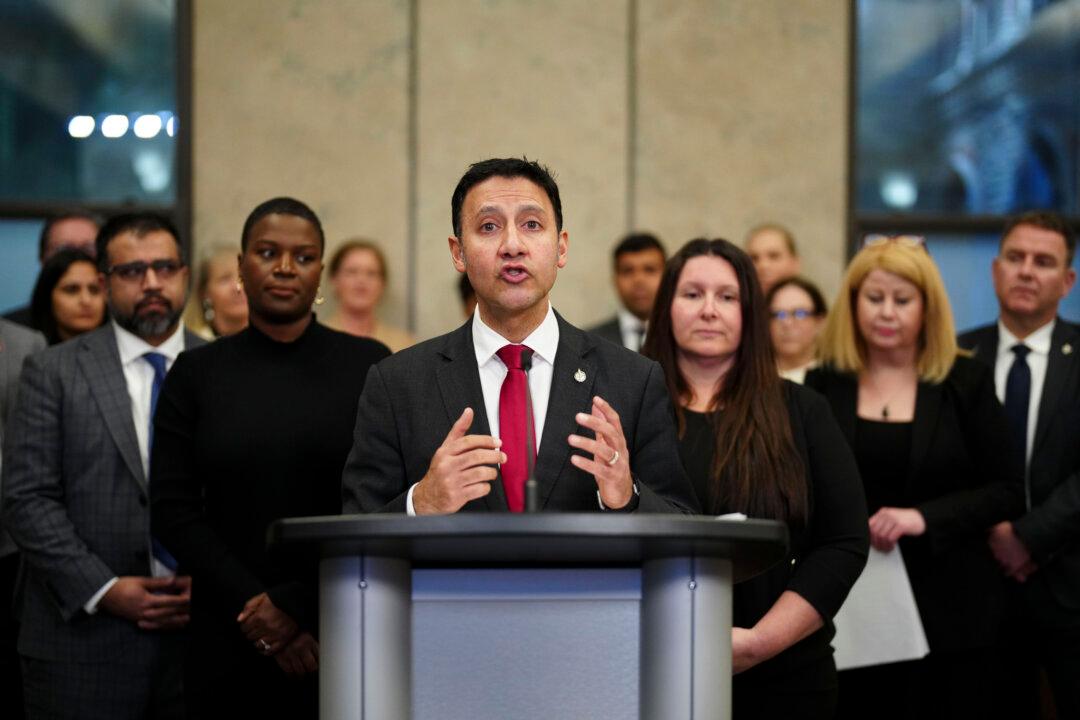Commentary
We’ve had this debate before. The free speech advocates won. But a long time has passed since Canada recognized that it’s not up to the government to police legal things people write and say online, offensive or otherwise.

We’ve had this debate before. The free speech advocates won. But a long time has passed since Canada recognized that it’s not up to the government to police legal things people write and say online, offensive or otherwise.